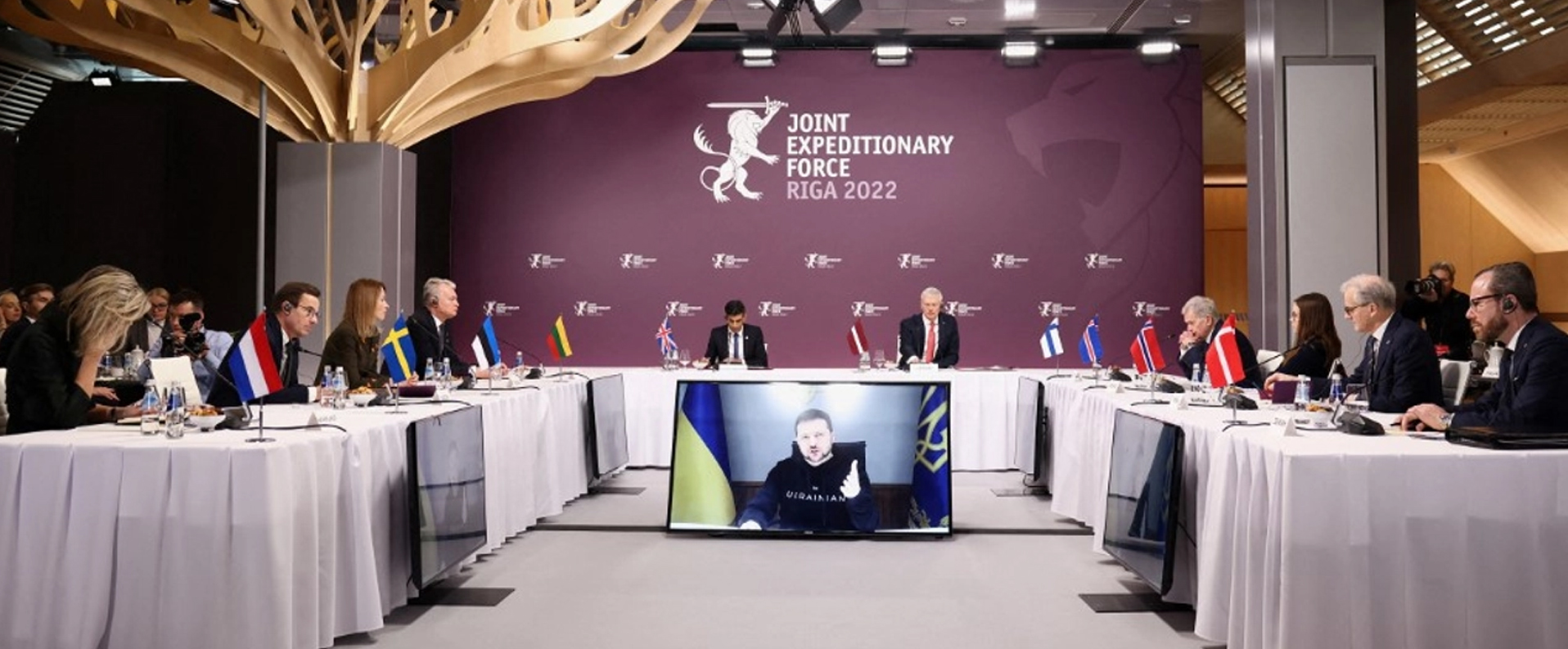
The budget deficit remains the central fact of British politics. The deficit constrains everything the government does, or can plan to do. Restoring the country’s finances remains the coalition’s priority, and rightly so, but this is proving harder than it hoped or expected.
One reason for this is that while Conservatives favour public spending cuts in principle, they often oppose them in practice. Ministers are evidently fighting to protect their own territory. MPs and activists call for spending to fall faster, but to rise in their own favoured areas. Vested interests and lobby groups protest, but that is their job – just as it is the Chancellor’s job to make decisions.
None of those decisions is easy. But one is overdue, and has the unusual advantage of being both popular and helping the Chancellor achieve his fiscal goals.
It is time to remove the ringfence around the International Development budget and end the commitment to spend 0.7 per cent of our gross national income on aid.
I don’t want to rehearse the overseas aid debate in detail. I have argued before that spending large sums of taxpayers’ money in this way is too often ineffective or even counterproductive, fuelling corruption and stagnating economic innovation in the countries we are trying to help. The 0.7 per cent target, proposed by campaigners half a century ago, is arbitrary and even bizarre: in what other areas of government do we start not by asking what we want to achieve, but how much of our national income we want to dispense?
It is sometimes said that the commitment to the aid spending target shows Britain’s compassion as a nation. But whatever its merits or otherwise, spending taxpayers’ money on aid has nothing to do with compassion. People show compassion by giving of what they have, of their own accord. If people want to support charities that provide real help to those in need, I admire them. But governments cannot be “compassionate” with money they have confiscated from their citizens on pain of prison.
The Department for International Development budget is increasing by an amazing 50 per cent over this parliament. It is one of only two Whitehall ministries whose staff numbers are growing. Even for those who defend overseas aid in principle, it is hard to argue that spending on it should rise at this rate at a time when spending at home is being cut.
Yet this policy remains the orthodoxy among the three main parties, even though most people disagree with it. I do not claim that many people are turning to UKIP, or saying they will not vote, simply because of the aid policy itself – but Westminster consensus in the face of public opposition is the kind of thing that many voters find exasperating and drives them to look for alternatives or give up on politics altogether.
There are signs that the government has begun to respond. David Cameron has indicated that some aid money may be diverted to the Ministry of Defence to help cover peacekeeping costs. Justine Greening, the International Development Secretary who is said to be sceptical about some of the policies pursued by her department, is involving British companies in the delivery of aid policy in an attempt to strengthen the private sector and end dependency in recipient countries.
The Chancellor should build on this by announcing in next month’s budget that he is dismantling the ringfence for the aid budget which sits so uneasily with most voters’ priorities. He need not formally abandon the 0.7 per cent target if this would make coalition relations so difficult that progress stops in other areas – though the country would no doubt welcome the news that we were no longer pursuing higher aid spending as an end in itself. A statement that we were slowing the planned rise would be a step in the right direction and show he was listening.



